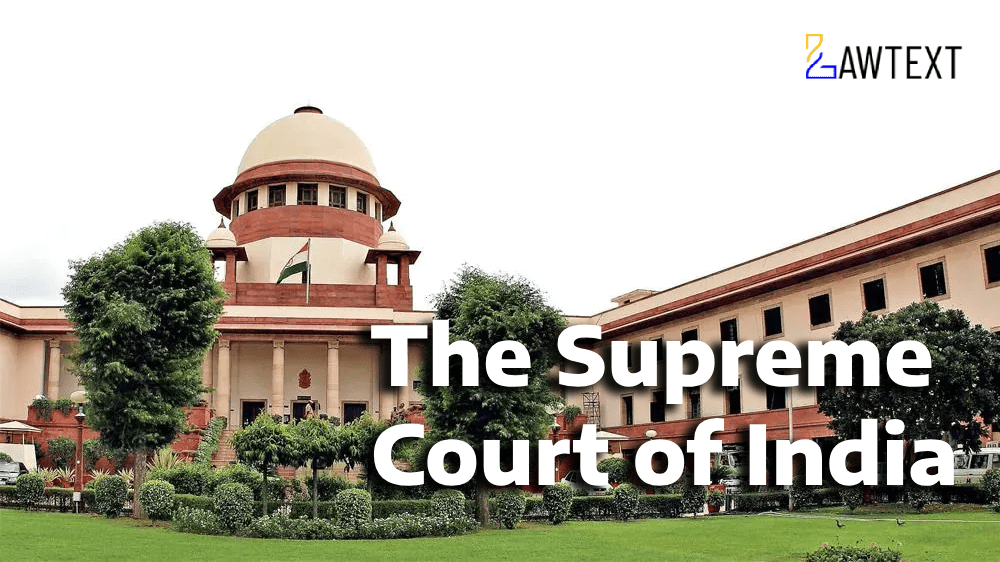

Constitution of India, 1950 (COI) — Article 226 — High Court's Power of Judicial Review — High Court’s dismissal of writ petition and review application for non-prosecution — Supreme Court held that long pendency of the matter and lack of inquiry on merits justified decision on merits (Paras: 2, 3)
Code of Civil Procedure, 1908 (CPC) — Section 151 — Inherent Powers of Court — Restoration of writ petition dismissed for non-prosecution — Supreme Court exercised discretion considering long-standing nature of the case (Para: 3)
West Bengal Service (Death-cum-Retirement Benefit) Rules, 1971 — Rule 175 and Rule 176(4) — Extraordinary Leave — Entitlement to Pension — Supreme Court held that once service is regularized by treating absence as extraordinary leave, it cannot be treated as a break in service — Denial of pension without inquiry deemed unjustified (Paras: 7, 8, 11, 12)
Supreme Court allowed the civil appeals, holding that once the service was regularized by treating absence as extraordinary leave, the period could not be treated as a break in service — directing the authorities to finalize pension within three months without arrears.
Subjects:
Pensionary Benefits, Extraordinary Leave, Departmental Inquiry, Judicial Review, Long Pendency, Regularization of Service, Dismissal for Non-Prosecution, Restoration of Writ Petition, Employee Rights, Government Service Rules
Nature of the Litigation: Civil Appeal arising from the dismissal of a writ petition and subsequent review application by the High Court of Calcutta for non-prosecution.
Relief Sought: Restoration of writ petition and grant of pensionary benefits.
Reason for Filing: Denial of pensionary benefits following the regularization of service without conducting a departmental inquiry despite the Tribunal’s directive.
Previous Decisions: High Court dismissed writ petition and review application for non-prosecution; Tribunal order directing inquiry was not complied with.
Issues:
a) Whether the appellant’s period of extraordinary leave can be treated as a break in service for denying pensionary benefits?
b) Whether the failure to conduct a departmental inquiry as directed by the Tribunal affected the appellant’s entitlement to pension?
Submissions/Arguments:
a) Appellant contended that the failure to conduct a departmental inquiry violated principles of natural justice.
b) Respondents argued the appellant’s long absence disqualified her from pensionary benefits.
Ratio: Denial of pensionary benefits must be based on established rules and due process; failure to conduct a departmental inquiry cannot justify withholding benefits (Paras: 11, 12)
Citation: 2025 LawText (SC) (2) 252
Case Number: CIVIL APPEAL NO(S). OF 2025 (Arising out of SLP(C) No(s). 8850-8852 of 2024)
Date of Decision: 2025-02-25
Case Title: JAYA BHATTACHARYA VERSUS THE STATE OF WEST BENGAL & ORS.
Before Judge: (B.R. GAVAI J. , PRASHANT KUMAR MISHRA J.)
Appellant: JAYA BHATTACHARYA
Respondent: THE STATE OF WEST BENGAL & ORS.